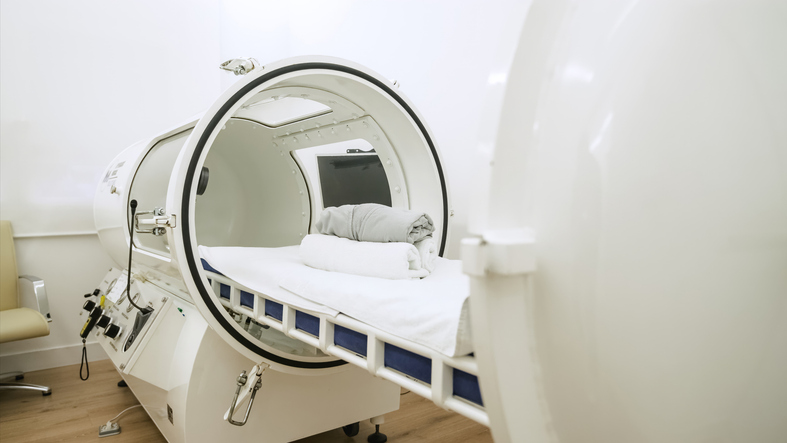Study Deflates Risk of Second-Hand Smoke
A 10-year study of European smoking recently released concluded that the risk of second-hand smoke is far less than previously asserted, and is nonexistent for children.
The study by the International Agency for Research on Cancer involved 650 patients with lung cancer and more than 1,500 healthy adults. “Our results indicate no association between childhood exposure to environmental tobacco smoke and lung-cancer risk,” the researchers wrote in the Journal of the National Cancer Institute. They did note that adults exposed to second-hand smoke at home and in the workplace have a slightly higher risk of lung cancer.
The study is particularly authoritative because it took into consideration criticisms of other studies that have yielded no clear evidence on the health risks of second-hand smoke.
Trash Haulers Flock to Hoosier Hospitality
Indiana landfills accepted a record 2.8 million tons of out-of-state waste last year, most of it from Chicago and most targeted for four northwest Indiana sites.
Officials of the Indiana Department of Environmental Management were dismayed over the imports, which topped the previous record of 2 million tons, because Indiana has levied $412,000 in fines since January against 21 solid-waste companies in Indiana and Illinois. Critics of the department said the Hoosier state permitted too much excess capacity and has overly permissive landfill regulations, creating unrealistically low tipping fees.
Nuclear Waste Site Woes Continue to Mount
The proposed long-term nuclear-waste disposal site at Yucca Mountain, Nevada continues to be hammered by revelations of questionable data-gathering, rising costs and state opposition. The Nuclear Regulatory Commission said new concerns over missing scientific data on the site could jeopardize the licensing of the facility. The US Department of Energy admitted that quality control in collecting data on water use and storage capacity has been neglected over the years, with some scientists failing to properly document their work.
Nevada Gov. Bob Miller, an outspoken opponent of nuclear waste at Yucca Mountain, said the final cost of the facility would total nearly $54 billion, far more than the $33 billion currently estimated by federal officials.
Squirrel Population Cycle Hits Zenith in Arkansas
Things are getting more squirrely than usual in Arkansas, with the squirrel population burgeoning and the carcasses of the dead animals — the victims of vehicles — littering major highways, rural roads and city streets. “Squirrel populations are cyclic,” observed Bob McAnally, a wildlife biologist with the state Game and Fish Commission, “and 1998 seems to be a peak for them. If squirrels were a Ferris wheel, it would be right at the top these days.”
Viagra Offers Relief to Endangered Species
The rise in the use of Viagra–the Pfizer drug that can correct impotence in men–may relieve pressure on endangered species that have been the source of folk remedies for sexual enhancement. Columbia University scientist rank von Hippel, writing in the journal Science, says Asian consumers may find the cost of Viagra “trivial compared to that of rhino horn or bear gall bladder, tiger penises” and other organs traditionally used by Asian men.
Suburban Officials Take Light Touch in Squabble
Officials of Barrington Hills, Illinois are taking a light touch on the touchy subject of lights. Some residents of ultra-chic suburban Chicago village of 4,200 are upset at their neighbors’ use of outdoor lighting to accentuate architectural features of homes or to mimic moonlight through tree tops. However, village officials voted not to take any action, other than to recommend that neighbors work things out themselves.
Mayor James Kempe told the Chicago Tribune, “the people out here figure they can handle their own affairs. They really don’t want the government taking over.”



